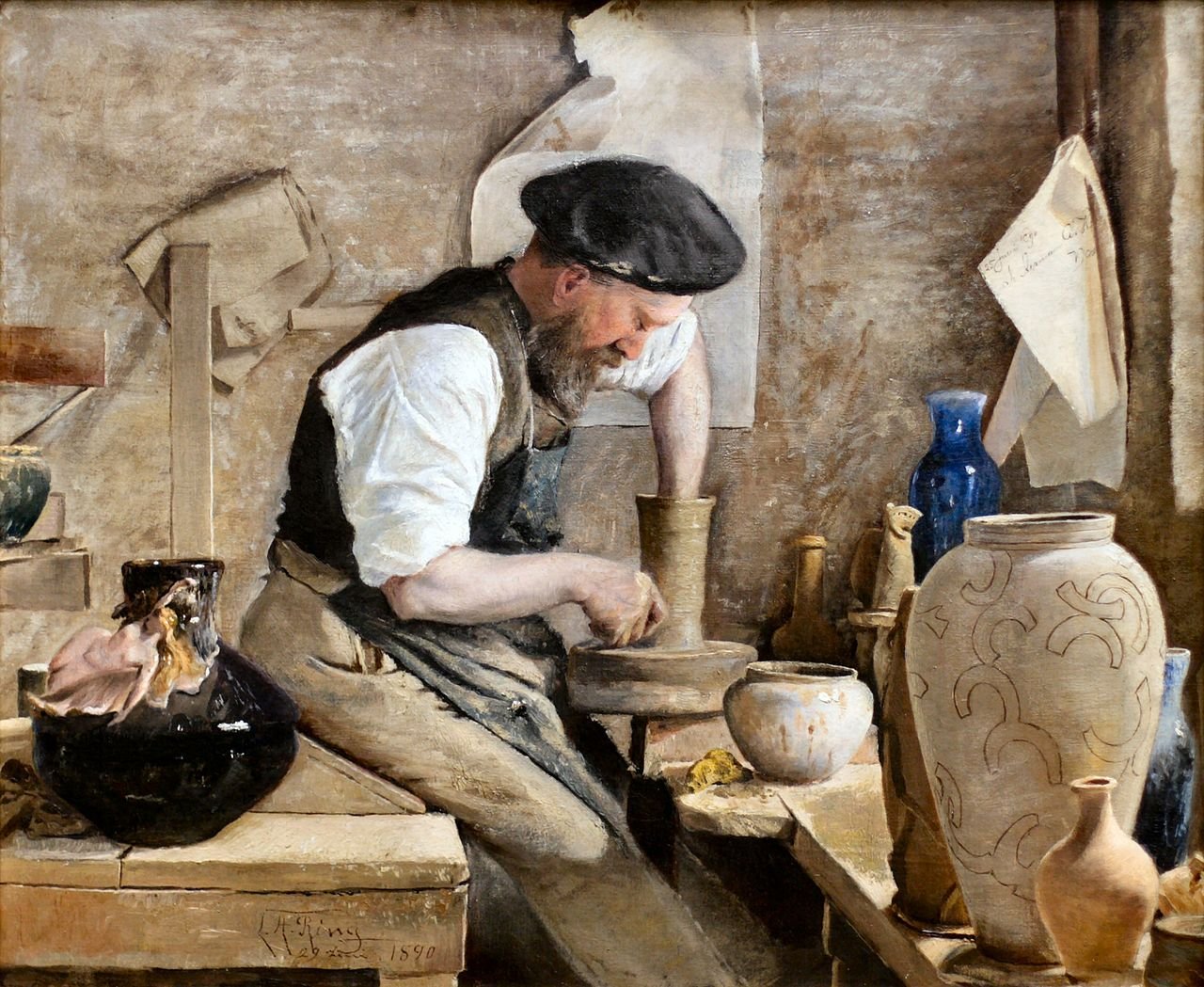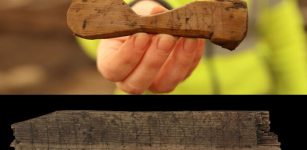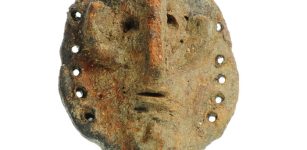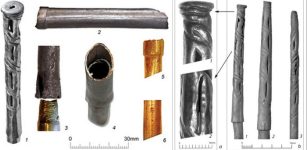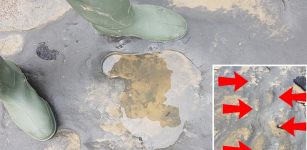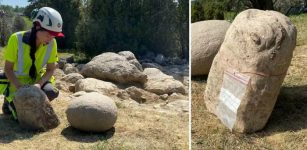Did Lead Poisoning Cause The Fall Of The Roman Empire?
AncientPages.com - Archaeologists are investigating how and why so many people in ancient Rome died of lead poisoning.
Some have suggested lead poisoning led to the fall of the Roman Empire through its ubiquitous use in aqueducts, water pipes, household implements, and medicine, but it is really true or simple exaggerations?
Ancient documents and artifacts shed new light on a subject that interest many historians and archaeologists.
Credit: University of Sheffield
A research team from the University of Sheffield are now investigating how lead poisoning affected human health in the Roman Empire.
Led by Professor Maureen Carroll from the University of Sheffield's Department of Archaeology and Dr Tracy Prowse from McMaster University, Canada, this is the first study to investigate lead production and use in the Roman Empire, using archaeological and skeletal evidence from a specific site in Roman Italy.
The team is investigating the archaeological evidence for lead production and use at a Roman rural estate in Vagnari,
Italy, along with the physical remains of Romans who were exposed to lead on a regular basis.
”Our project focuses on the site of a rural estate which Roman emperors used as a source of revenue through agriculture and industry. Thanks to our previous research, we have the advantage of knowing exactly where people lived on the site and where some of them worked with toxic lead on a regular basis. These people were buried in the village cemetery.
"The village's inhabitants almost certainly were of varying social status, from slaves to free-born, and from local workers to immigrant labourers and tenants, so this research will give us an important insight into lead production and exposure among different tiers of Roman society,” Professor Carroll said.
See also:
Medieval Rich People Unknowingly Poisoned Themselves With Lead And Other Hazardous Heavy Metals
Impressive Column Of Emperor Marcus Aurelius – War Monument From Ancient Rome
What Ancient Civilization Discovered Metallurgy?
"This project integrates research expertise from various disciplines to explore the entire picture of lead production and consumption at a rural Roman estate.
It gives us new insights ranging from the physical context of manufacturing in the estate's village, the procurement and processing of ores, to the physiological effects of lead production on men, women and children living and dying in the area. It will also give us a new understanding of the long-term consequences of lead in the environment and the associated risks to human health,” Dr. Prowse said.
A previous study revealed that rich medieval people were exposed to hazardous heavy metals like lead, which was frequently used to glaze pottery. The poor, who could not afford such items, avoided the high levels of exposure.
Being rich in the Middle Ages, had its advantages, but being able to afford expensive and beautiful crockery was not one of them.
However, lead poisoning in ancient Rome had a different cause and the new project can reveal why so many died, but most researchers think it’s far fetched to think this cause the fall of the Roman Empire.
AncientPages.com
Expand for references


